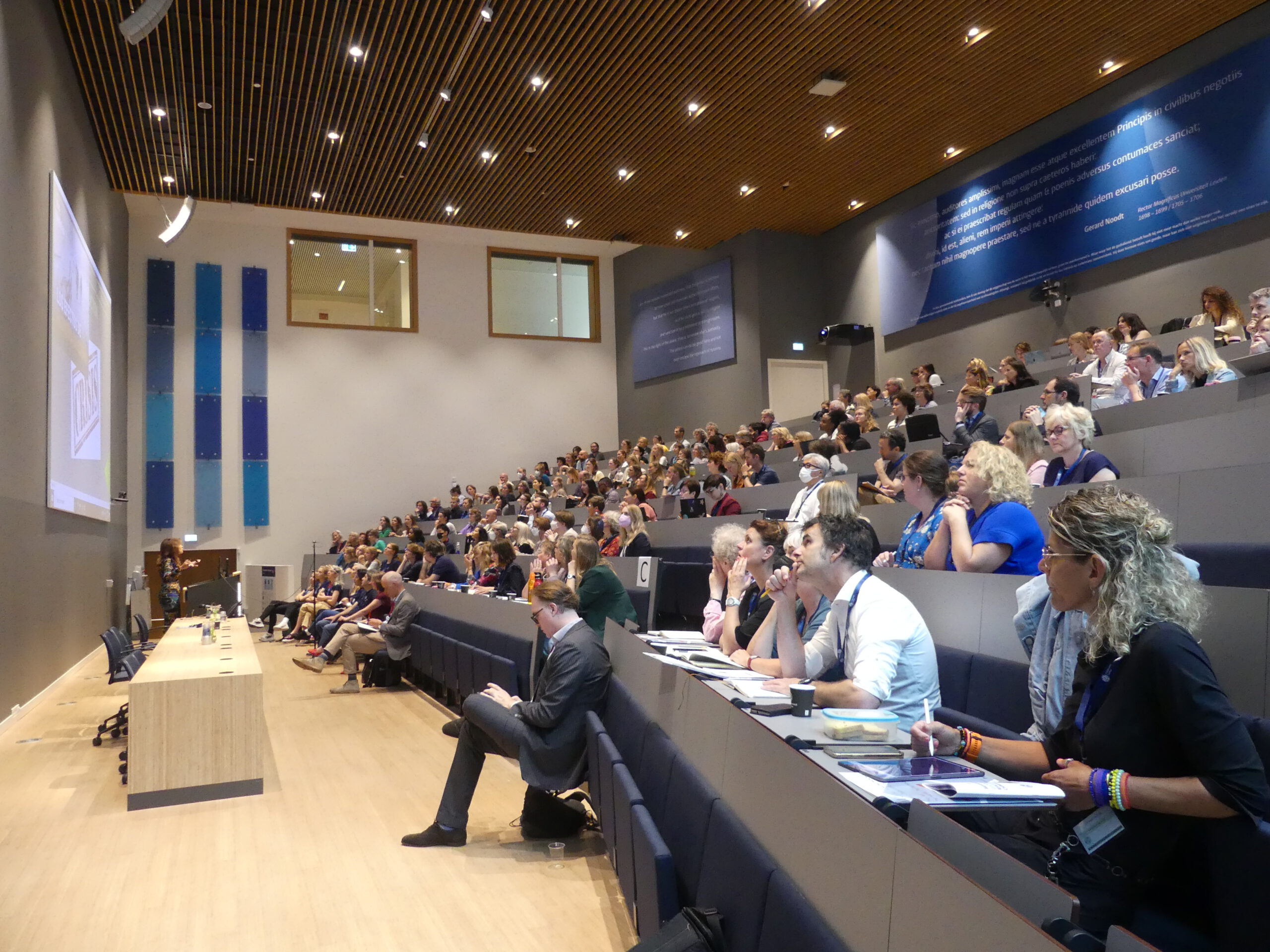Recently NWO release a new funding call for educational innovation projects, labelled “Scholarship of teaching and Learning”. This is an interesting funding opportunity for academics who would like to strengthen their teaching. Academic teachers can apply for funds to put their innovative teaching ideas into practice. And indeed this is a good opportunity to get your funding for those teaching ideas you have been waiting to implement. This also is the time to re-think your teaching and teaching ideas and put them to the test.
Naturally, we all belief that teaching is the cornerstone of our university, isn’t it? And we know that teaching relies heavily on the interplay between theory and practice, or not? Content knowledge, learning theories, and empirically tested teaching approaches can provide academic teachers with deeper understanding of their teaching practice, but often teaching practice does not use that knowledge. However, the field of educational sciences can serves as the bridge to connect these two realms, providing academic teachers with valuable insights about teaching approaches and strategies to elevate their teaching and their students’ learning. During the last months ICLON’s ‘Research into Higher Education’ staff members, consisting of academic research staff, have supported academics with their teaching innovation funding applications. This indeed is a valuable resource for academic teachers to get feedback on their teaching ideas. In this blog post, I will explore some interesting and reoccurring conversations we had on the value of educational sciences in shaping and refining teaching innovations.
Educational sciences and the disciplines
Educational sciences encompass knowledge and theories from a diverse range of disciplines, including psychology, sociology, pedagogy, and anthropology. The teaching staff at Leiden University are experts in their own discipline. This means that if the knowledge of the discipline of the academic teacher and knowledge of educational sciences can merge, than promising new initiative can spout. By delving into the educational domains and merging it with their own disciplinary expertise, teachers can develop a domain specific understanding of the student learning processes. This is a truly interdisciplinary approach in which, through conversation between educational researcher and domain specific expert innovative tailor-made and domain specific instructional methods are developed. Only in the merging of expertise evidence-based domain-specific teaching strategies derive which really are an innovation to teaching practice and can help teachers to improve their instruction and will help students to learn more deeply about the domain theories and knowledge. Through the entanglement of educational science and the disciplines the path toward effective university teaching will enlighten.
Dissolving the myth
It is a myth to belief that there is a one-size-fits-all digital tool or instructional design that can help teachers to educate their students. The beauty of teaching lies in the multidimensionality and the interconnectedness of disciplinary and pedagogical knowledge. This does not mean that knowledge of digital tools or experience with a variety of instructional designs is not helpful for teachers. On the contrary teacher need a repertoire of tools and techniques of which they can chose when they design their teaching approaches. But at all times the teacher always first decides what to teach and only then considers which approach or tool is best for the job. And this also is how an effective application for a teaching innovation is drafted. In an effective application all elements are aligned and focused, the problem in teaching, the gap in student learning, the new learning objective, the teaching approach, the tools and techniques, how to evaluate the results on student learning, all center around a single topic. The knowledges for both educational sciences and the academic discipline fuse together naturally and provide the foundation for understanding and supporting the learning process in order to preparing students for their future jobs.
 Continuous professional development for teaching staff
Continuous professional development for teaching staff
Teaching is a dynamic academic task, and staying abreast of the latest disciplinary research, educational developments, and digital advancements is essential for educators to remain effective in their teaching. Adjacent to academic developers and subject matter specialists, educational scientists can contribute to the continuous professional development of teaching staff at our university. By supporting teachers in applying funds for teaching innovation, to support them in the scholarship of teaching and learning, assist in finding outlets such as educational journal, blogs or teaching conferences, and together participate in educational research, ICLON Higher Education research staff contribute to the quality of teaching practices, and to the quality of student learning at our university.
Teaching-learning principles
In conclusion, the value of research into Higher Education is not only in pushing the boundary of our knowledge of teaching and learning in higher education, but also to advance the practice of teaching and the continuous professional development of our academic staff. Serving as the bedrock of evidence-based pedagogy, educational sciences empower academic teaching staff to navigate the complexities teaching with a deep understanding of the diverse factors influencing student learning. By incorporating principles from educational sciences, for example the ICLON teaching-learning principles, academic teaching staff can develop their teaching into inclusive, personalized, multi-perspective, and technology-enhanced learning environments, ultimately fostering the development of students with the skills and knowledge needed to thrive in an ever-changing world.








